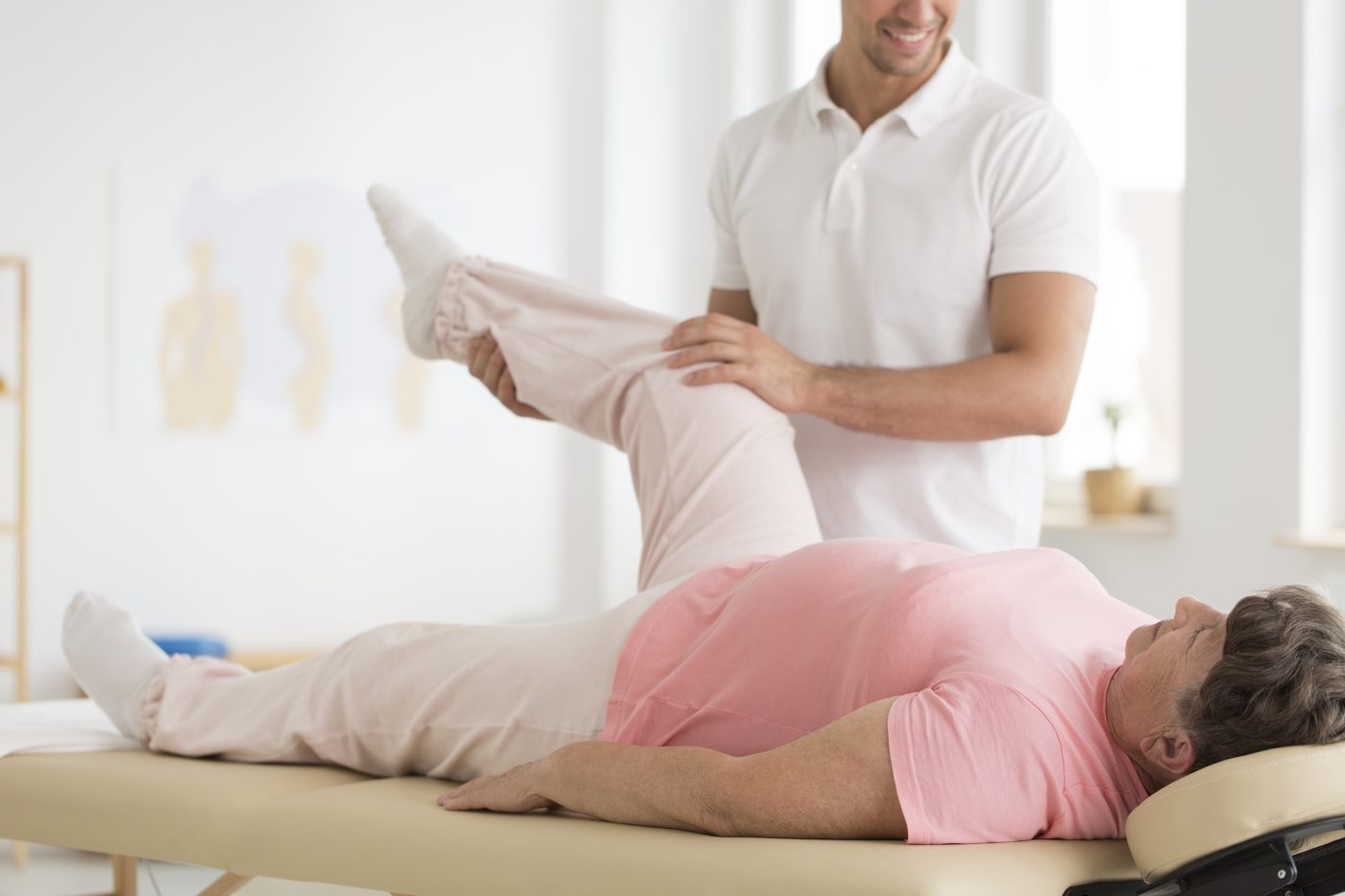6-Week Rehab Program Improves Overall Health of FA Patients, Small Trial Shows

Australian researchers say a short-term rehabilitation program improved the health and well-being of a small group of patients with Friedreich’s ataxia (FA).
The study, “Can rehabilitation improve the health and well-being in Friedreich’s ataxia: a randomized controlled trial?” appeared in the journal Clinical Rehabilitation.
Researchers evaluated the effects of a six-week rehabilitation program focusing on seven domains: strengthening, postural control, coordination and control, functional mobility, balance training, stretching and mobilizing, and cardiovascular fitness.
The outcomes of patients in the program were compared to a control group that followed the same routine but with a six-week delay.
Once both groups finished, they were immediately recruited to an individualized home exercise regimen that included aquatic, home-based or gym exercises according to individual preference.
Of the initial pool of 159 FA patients, 140 were excluded because they didn’t meet eligibility criteria, leaving 19 who joined the study. Nine were randomly assigned to the control group, and 10 to the intervention group.
The study sought to assess improvements in participants’ ability to perform activities of daily living, measured according the functional independence measure scale. Additional outcomes evaluated patients’ health and well-being and their perception on rehabilitation, using the FA impact scale and patient global impression of change.
Join our FA forums: an online community especially for patients with Muscular Atrophy.
The analysis showed that “there was no significant difference in the Functional Independence Measure, between the groups from baseline to six-week visit,” authors wrote.
But patients in the intervention group saw a significant improvement in health and well-being compared to the controls, achieving eight of 30 goals at the six-week visit, compared to the control group’s two of 27 goals.
The home exercises done afterwards, however, did not sustaining improvements acquired during the six-week rehab program, particularly in the Functional Independence Measure motor domain and Friedreich’s Ataxia Impact Scale. But 61 percent of patients reported that with the home exercises, they were able to maintain at least some of the positive clinical changes acquired during rehabilitation.
Overall, these findings suggest “that rehabilitation can improve health and well-being in individuals” with FA, authors wrote, adding that “a larger study is required to have sufficient power to detect a significant change in the most sensitive measure of function, the motor domain of the Functional Independence Measure.”







